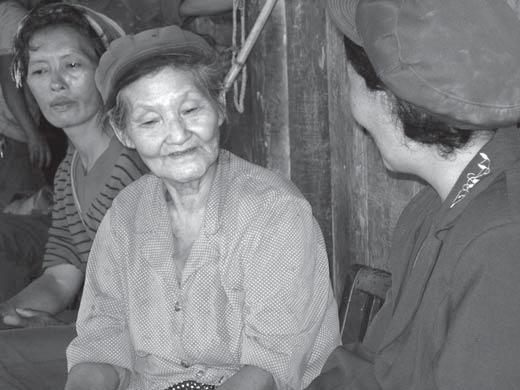First published on 07/15/2007, and last updated on 06/19/2017
The Dulong are one of China’s least populous ethnic groups, living at the corner of Yunnan, Tibet and Myanmar. Traditional Dulong agriculture (rotational agriculture with cultivation of Alnus nepalensis) includes the cultivation of dozens of local varieties of crops, many of which are underutilized species. In 2003, implementation of the Sloping Land Conversion Program, a national soil and forest conservation program, brought traditional cultivation to an end.
Many traditional crops are no longer planted. Because traditional agriculture is central to Dulong culture, the end of this practice threatens the survival of Dulong biocultural heritage.
This paper argues that the concept of rights over biocultural heritage must be formally recognized in order to empower traditional communities to be able to contest conservation and development interventions that threaten important aspects of their culture.
Is biocultural heritage a right? A tale of conflicting conservation, development, and biocultural priorities in Dulongjiang, China, Andreas Wilkes and Shen Shicai, Policy Matters, 15 July 2007
